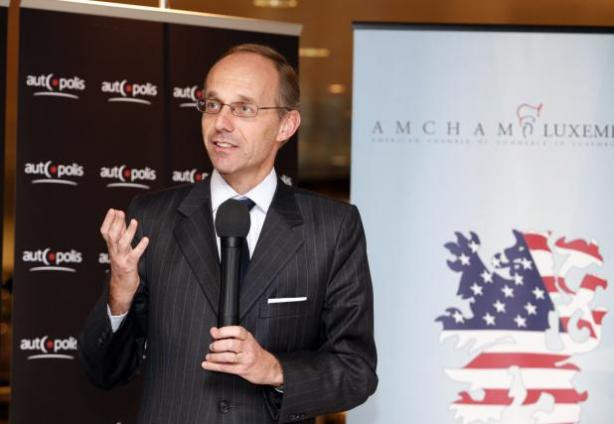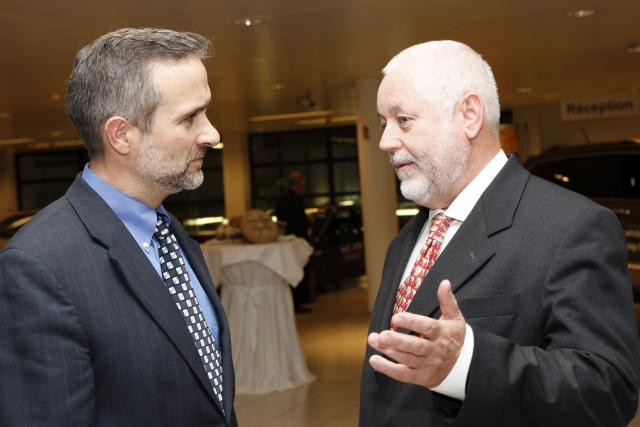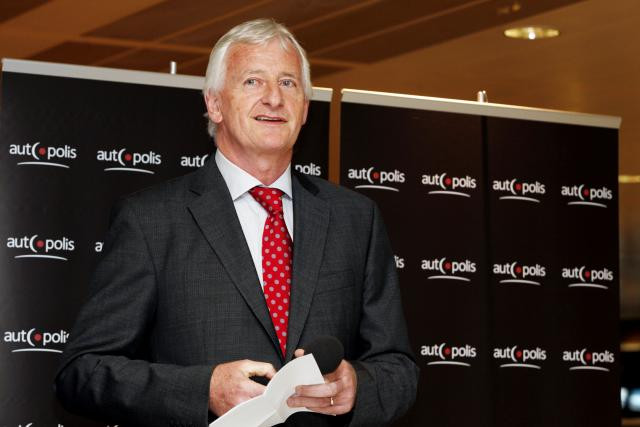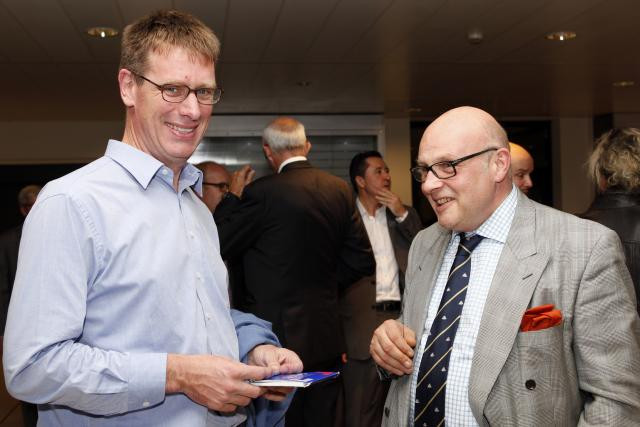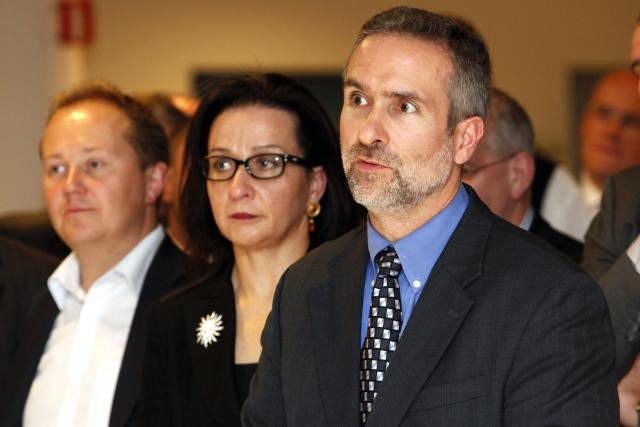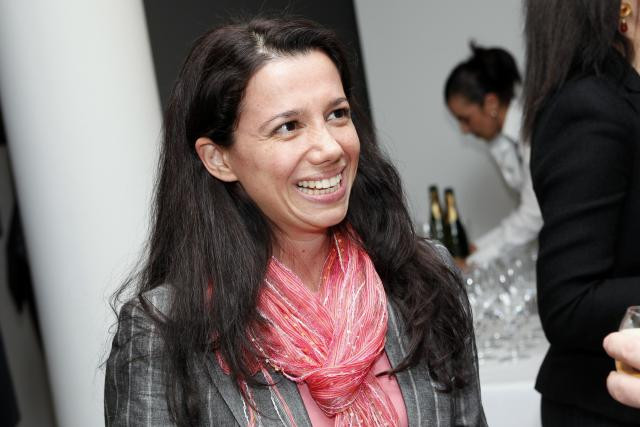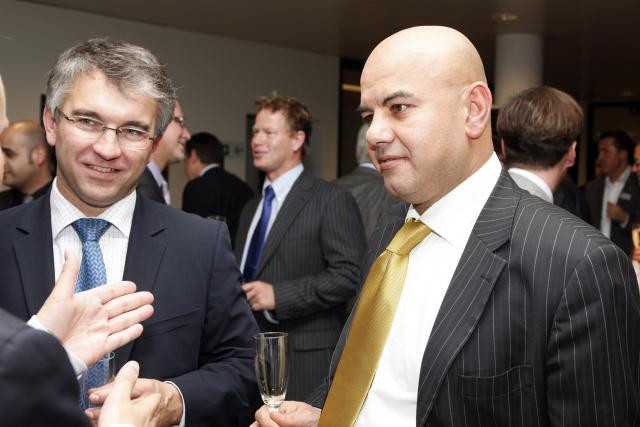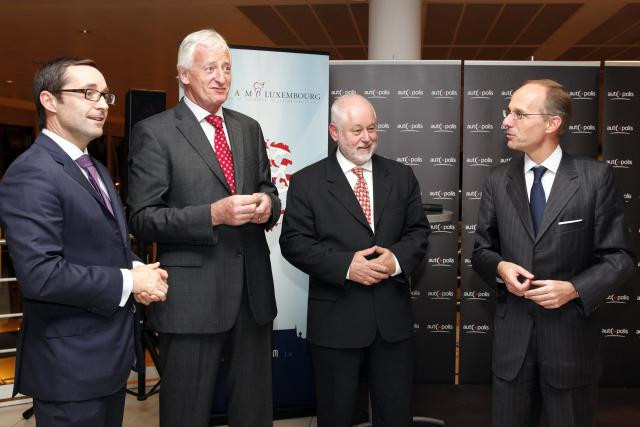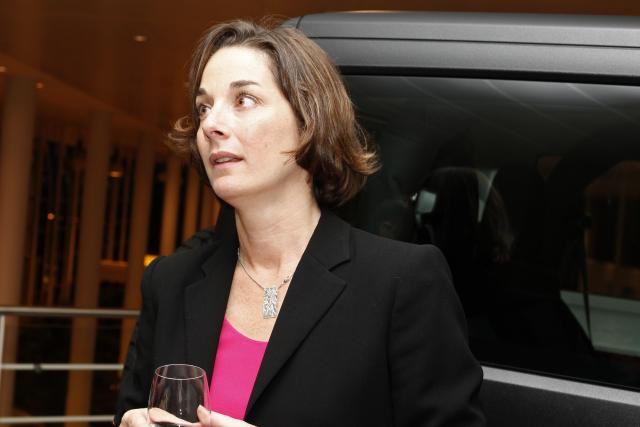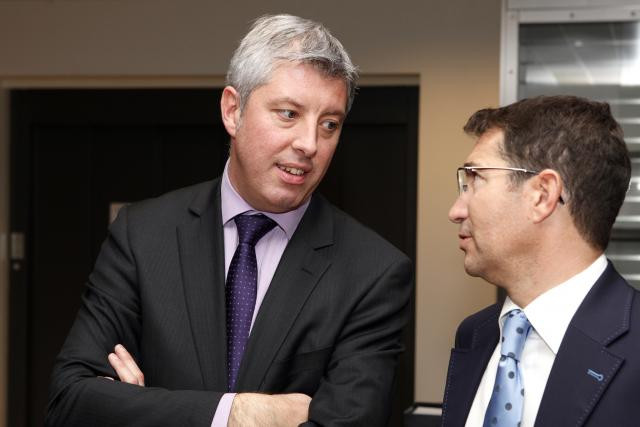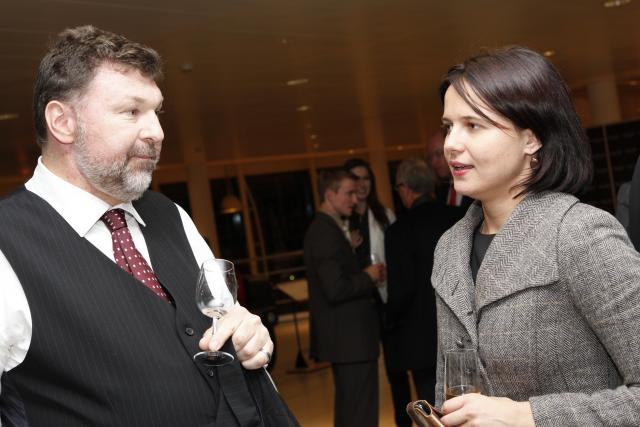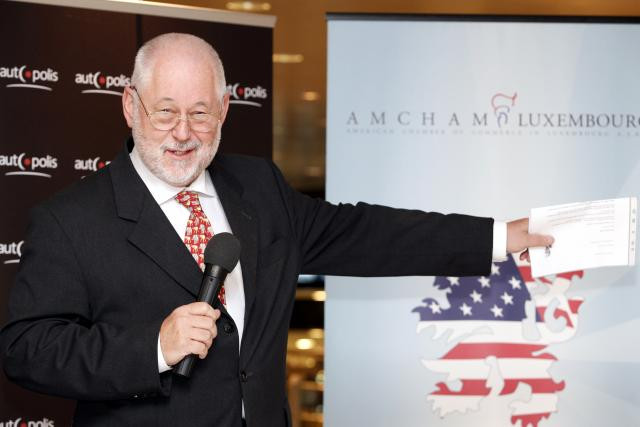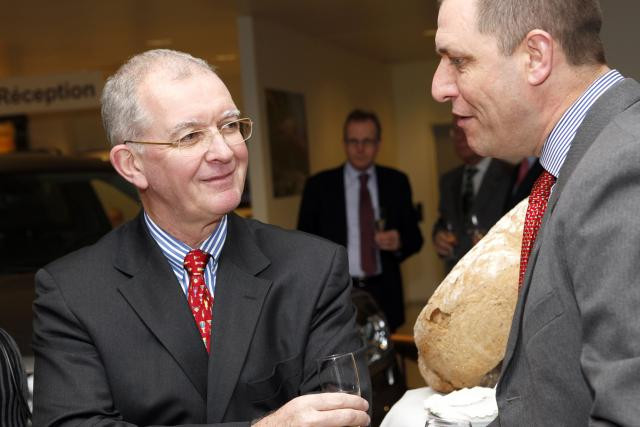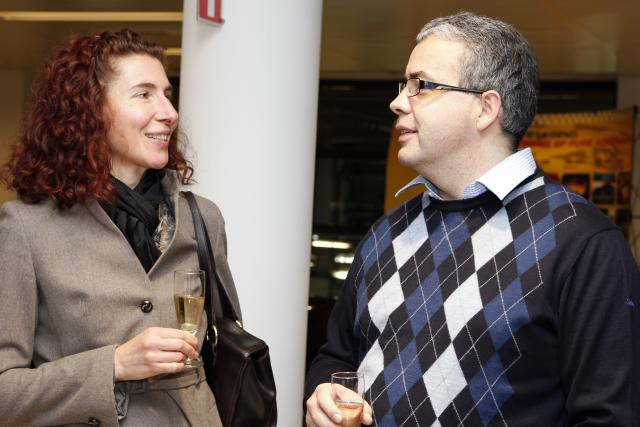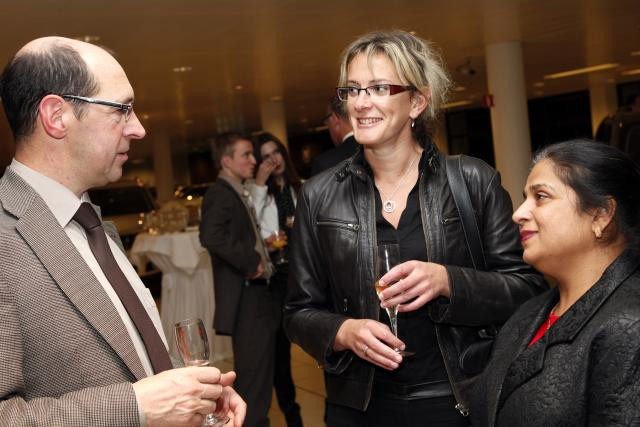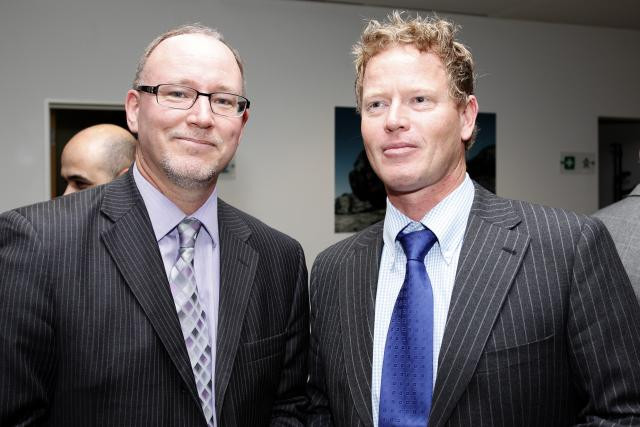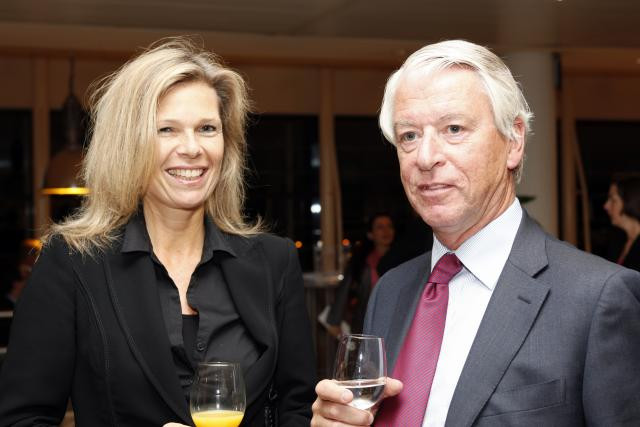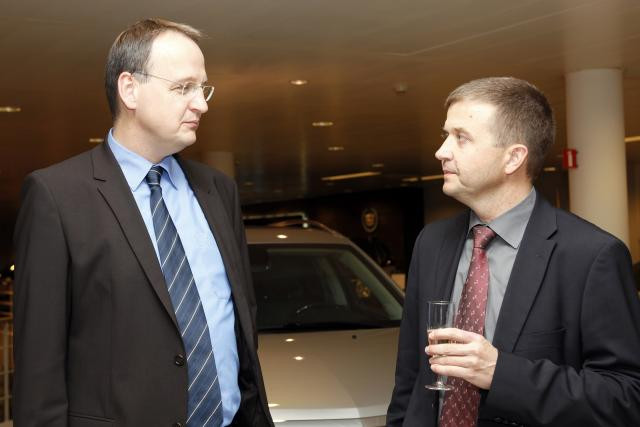At a well-attended event hosted by the Autopolis car dealership in Bertrange, Luc Frieden was invited to address "Luxembourg's Future in the European Monetary Union". Speaking without notes, the minister first tackled the immediate crisis concerning the rescue package hammered out for Greece. He explained that although the 50% haircut package to deal with Greece’s debt was an immediate solution, it was far from the end of the crisis. He emphasised the need for all governments of the 17 Eurozone nations to get their house in order and drastically reduce their debts. “The long-term solution has one prime target, and that is to have sound public finances.”
The minister said that the current crisis has shown that if you create a monetary union without creating a political union, then something is missing. “We have some fundamental rules with the stability and growth pact, but we do not have enough instruments to ensure they are complied with.” He did acknowledge that reducing public debt cannot be achieved from one day to the next. “We are in a vicious circle where governments should spend more to stimulate the economy, but also have to reduce public debt. But there is no alternative. In the short term it is painful, but in the long-term it is the only way to restore a strong basis from which Europe can grow.”
Frieden said he still has difficulty understanding how Greece managed to enter the Euro in the first place – a sentiment shared by French president Nicolas Sarkozy in an interview on France 2 yesterday. Frieden, who was keen to point out that he was not finance minister when Greece joined the Euro, said: “I understand that not all the figures were appropriate... but Greece did not comply with the deficit or debt criteria in any year since joining the Eurozone. Plenty of other countries have also failed to cut their debts to 60%, and that is why we are insisting that they undertake much tougher austerity measures. But from a political and economic view exiting the Eurozone was never contemplated.”
As for Luxembourg, the minister pointed out that the Grand Duchy’s public debt is currently at 17% of GDP, which he says is high in historical terms but low if one excludes the funds borrowed in 2008. “My goal is to keep public debt low and reduce the deficit. I want to avoid increasing taxes, which is the easy way to solve the problem. But if you increase taxes in a structural way, you become less competitive especially in an economy like ours that needs to attract foreign investors.” To emphasise this last point, Frieden explained that in 2011 the state will receive around 350 million euros from the VAT levied on electronic commerce, and a further 600 million euro or so from the investment fund business subscription tax. “That is almost one billion euros in the public coffers from just those two sectors which we have fought hard to attract.”
More on Frieden’s speech in the November edition of Delano – out on November 11.
